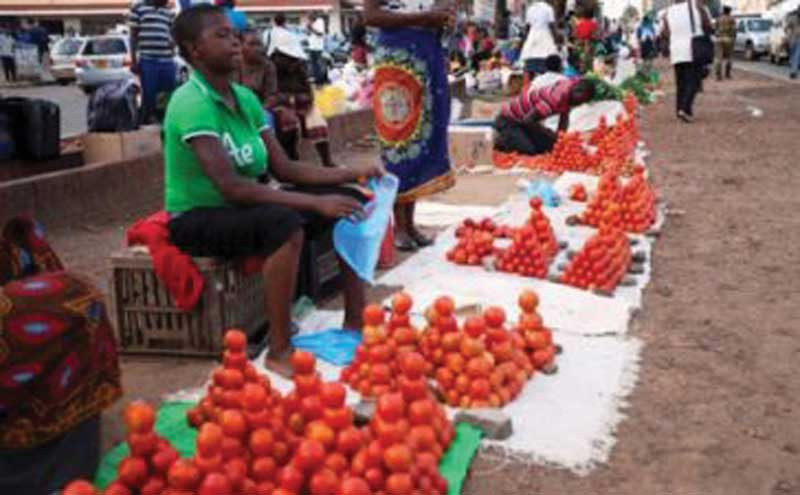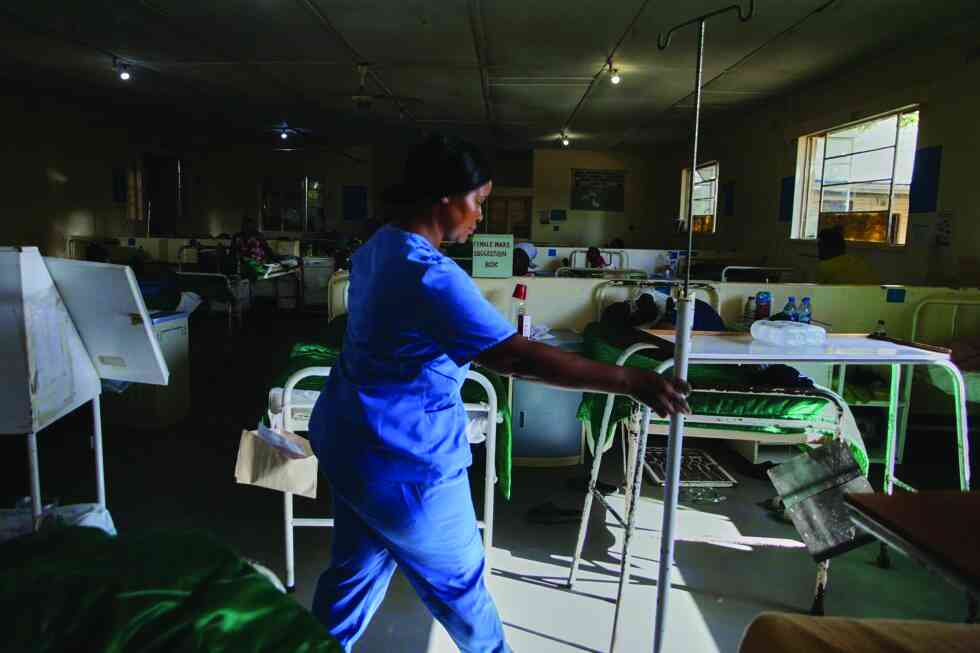
LOCAL research firm Mark and Associates (M&A) says the government should review the tax proposals presented in the 2024 National Budget, because Zimbabwean citizens are overtaxed.
According to the firm, the broader Zimbabwean populace is already overtaxed, with poverty and vulnerability being the key issues confronting Zimbabwe in 2024 given the negative impact of the El- Nino phenomenon on current agricultural season.
Further, the depreciation of the local currency by over 700% against the greenback has led to a massive erosion on wages living very little disposable income.
In the 2024 National Budget, Finance, Economic Development, and Investment Promotion minister Mthuli Ncube proposed to introduce additional taxes, levies and fees.
These include the introduction of a wealth tax, the domestic minimum top up tax and a US$0,02 charge per gram of sugar contained in beverages. Treasury also raised certain fuel levies, tollgate and passport fees, the corporate tax rate, presumptive taxes, car registrations charges, and forcing businesses with an annual income of US$25 000 be registered for value added tax (VAT).
Treasury also gave the greenlight for the power authority to raise tariffs in line with inflation.
In its recent budget review, M&A said aggressive and accelerated tax collection approaches presented in the 2024 National Budget would have catastrophic effects on vulnerable groups in Zimbabwe.
“The Government of Zimbabwe should shift its focus on non-tax revenue generating initiatives which are anchored on investments. The operationalisation of the Mutapa Investment Fund (MIF) is strategic in this regard given the potential to turnaround various state-owned enterprises and generate investment income for the National Treasury,” the research firm said.
- ‘Introduce one-off solidarity wealth taxes’
- Adapt to economic woes, FCB boss tells bankers
- 2024 budget faces $62 trillion backlog
- Editor's Memo: Budget’s top priority list
Keep Reading
“There is a need to review the tax proposals presented in the budget. Our research clearly demonstrates that the broader Zimbabwean populace is already overtaxed. An impact assessment on informal traders, micro-enterprises and SMEs will have to be carried out bearing in mind the catastrophic risk of social unrest.”
The firm said a blanket 1% wealth tax across the board was unprogressive given that it did not consider the diverse profile of homeowners in Zimbabwe.
By imposing punitive taxes on citizens, the firm said this would see cost-push inflation, growing poverty levels, an explosion of the informal economy, widespread economic inequality, and a mass exodus of skilled labour.
M&A added that while there was a need to collect more revenues for government -related projects, little is known about the impact of the tax measures on informal operators — particularly its impact on women.
Women make up the majority of small-scale traders in Zimbabwe.
“Overall, informal sector players are already subjected to other tax-like payments, in addition to presumptive taxes, storage fees, market fees and toilet fees. Thus, when considering taxation of the small-scale sector, it is important to consider all payments that traders pay, not only formal taxes,” M&A said.
“It is important to consider the impact that the new taxes have on the growth of small businesses, and specifically on gender equality. In most countries (including Zimbabwe), there are more women in informal employment in non-agricultural activities than men. Because a higher proportion of women than men work in the informal sector, taxes on the informal sector fall on women more than men.”
Another tax that irked taxpayers was the Intermediated Money Transfer Tax (IMMT), which Ncube said would remain.
He proposed to review the tax-free threshold to ZW$750 000 (US$130) per month or ZW$9 million (US$1 554) per annum, and adjust the tax bands to end at ZW$270 million (US$46 624) per annum.
Anything above that, Ncube said, a tax rate of 40% would be levied.
All these new taxes will be with effect from January 1, 2024.
However, the tax-free threshold of ZW$750 000 will fail to provide relief to low income earners due to high inflation and depreciation of the local currency.
Ncube further proposed to review the local currency tax-free bonus threshold from ZW$500 000 (US$86) to ZW$7,5 million (US$1 295), with effect from November 1, 2023.











